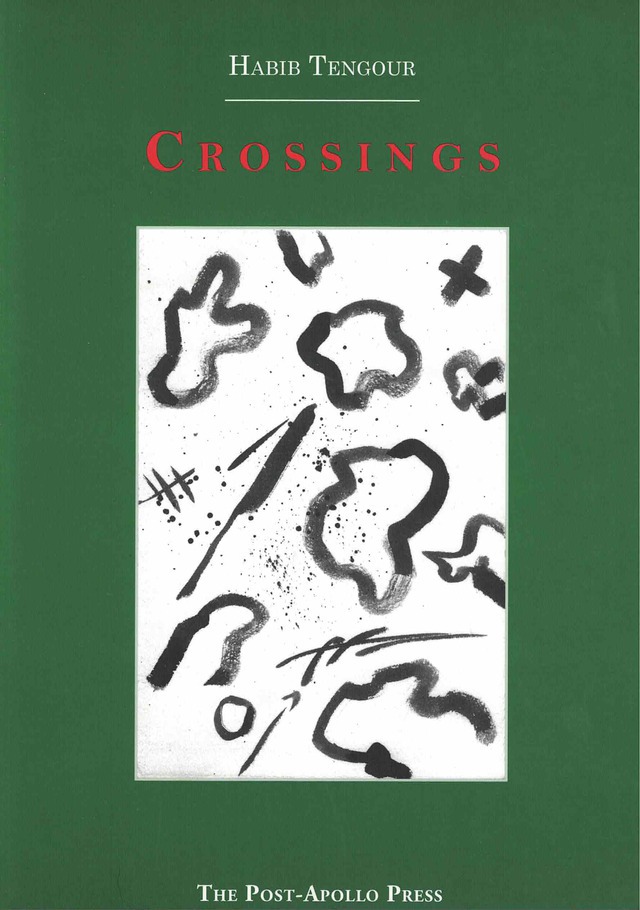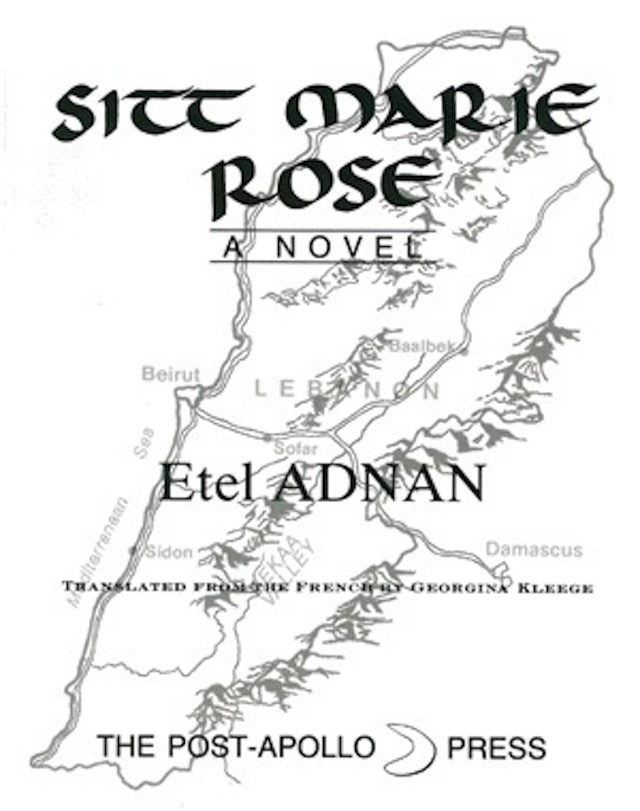From the Contemporary Poetry Series #1
Vision of the Return is the first book by Algerian poet Amin Khan to be published in English. First published in 1989 as Vision du retour de Khadija à l’Opium, these poems, written in Algeria between 1980 and 1985, chart the prelude to a catastrophe. On the brink of civil war, Khan witnessed the free market—its preeminence and volatility—quickly destroying the social fabric that had been built through the struggle for Independence. As Khan relates in an interview for The Post-Apollo Press, “The sudden irruption of money as a universal value was henceforth a dominant… Behind the so-called liberal discourse, there was a will to keep the worst of the regime, namely repression, authoritarianism, bureaucracy. And, the combination of the two materialized with corruption. This was on my mind when I wrote these poems. It was also a time when I was young, full of optimism, energy, love, and I had believed that Algeria was going to react and that my compatriots wouldn’t be led like that, to slaughter. I wrote within that contradiction: in a moment where I was in the upward curve in my life, while in front of my eyes, the future was collapsing.”
Dawn-Michelle Baude
Amin Khan
Praise for Vision of the Return
Amin Khan proposes a poetry without illusions & in need of a tabula rasa—ambitious work that wants to reinvent a space of writing (& breathing). Weary of earlier generations’ lyrical excesses, Khan thrives on the quasi-laconic statement (“for him who travels / there is no sadness // there are blades in the heart / and traces in the sky / that are birds”), & proposes a language conscious of, & carefully focused on, its own movements, as in the brilliantly explorative Vision of the Return of Khadija to Opium: “you silence me to myself injured body by chance blind tracing common aches tears births like light in the heart of the accident of the fatal rhythm…”
— Pierre Joris
Deeply internal, striking an intricate, inventive intimacy, and yet at the same time, expansively external, conjuring an environment we can smell and feel as well as see, this vivid collection is so spare that it shows the bones of experience. Khan’s meticulous phrasings also show us how language thinks that experience into a multiplication of itself—which is multiplied yet again as the poems leap from French to English. Baude’s exacting and seamless translation does what all translation dreams of doing: it lets us think with a different mind.
— Cole Swenson





The poetry I aspire to is limpid, understandable by most, and a poetry that translates a human experience, whether it is a historical, personal and/or collective one… For me, true poetry is capable of producing and projecting thought, has an intellectual quality to it, and is carried by an emotion without frills, flourishing, and mannerisms.
— Amin Khan, interview with Ahmed Djebbar, The Post-Apollo Press Blog
It’s possible to build an intellectual bridge to the context in which Khan’s poem can be read as shattering, but it’s something very different to experience it.
— Ron Silliman, Silliman’s Blog